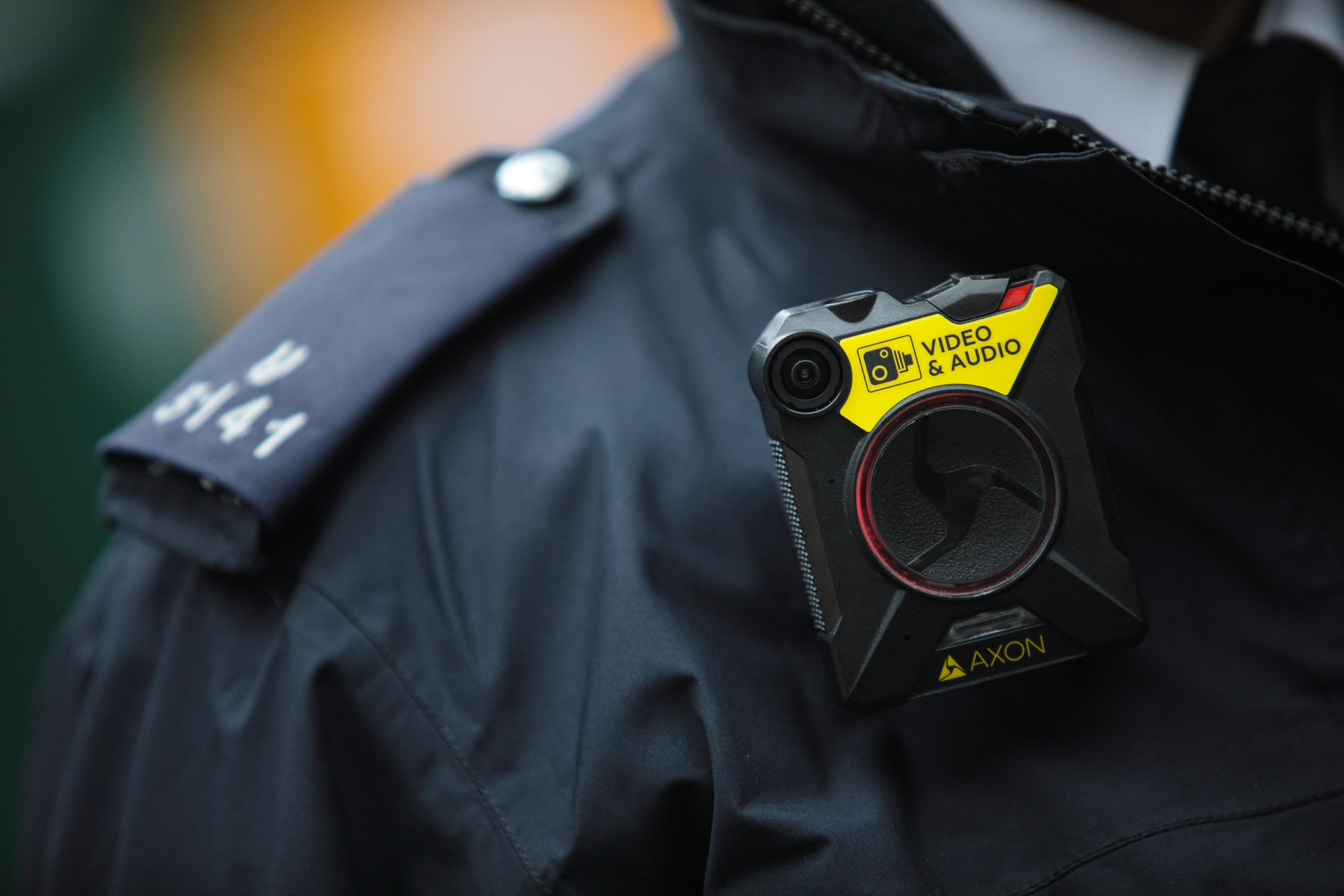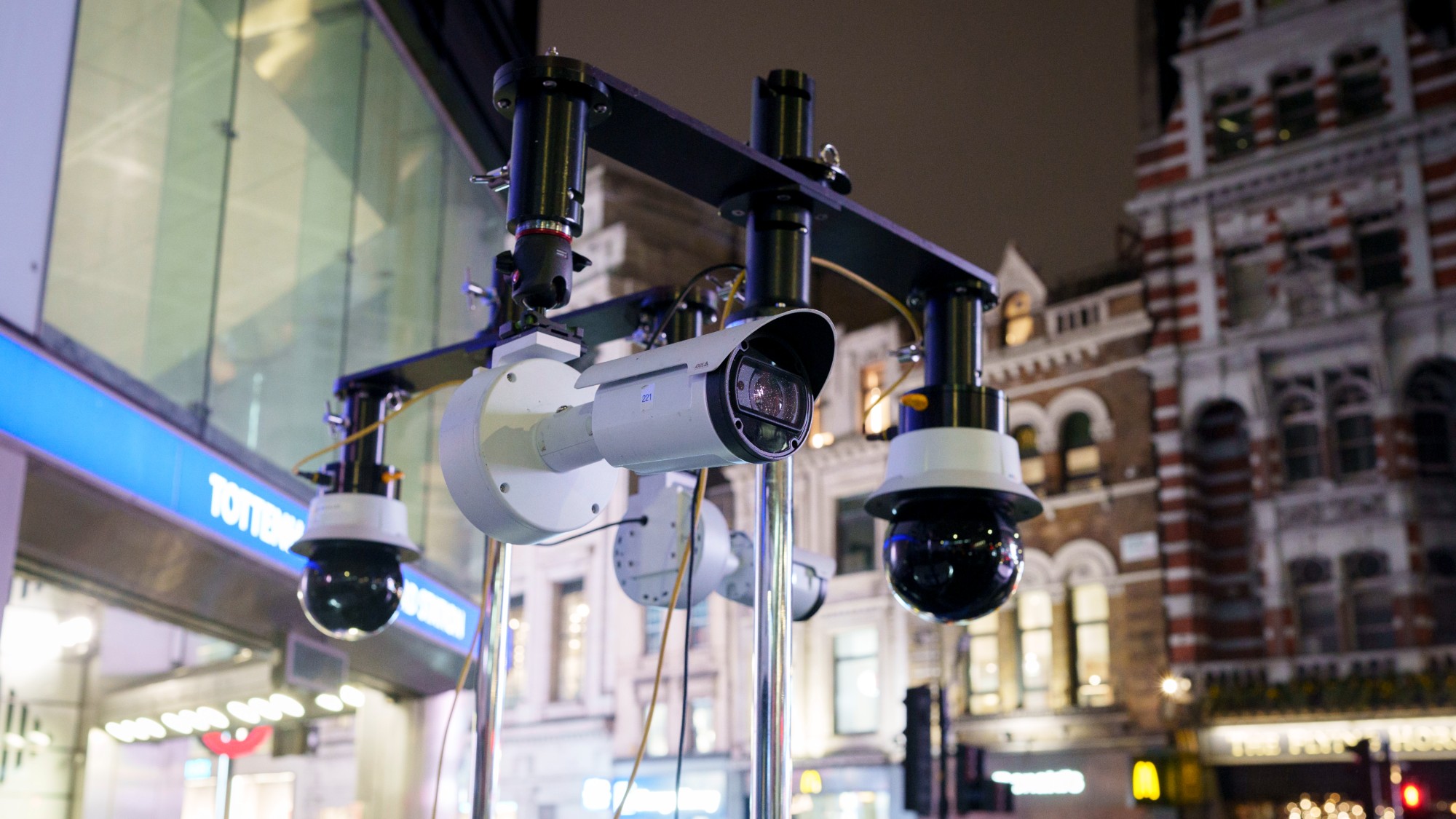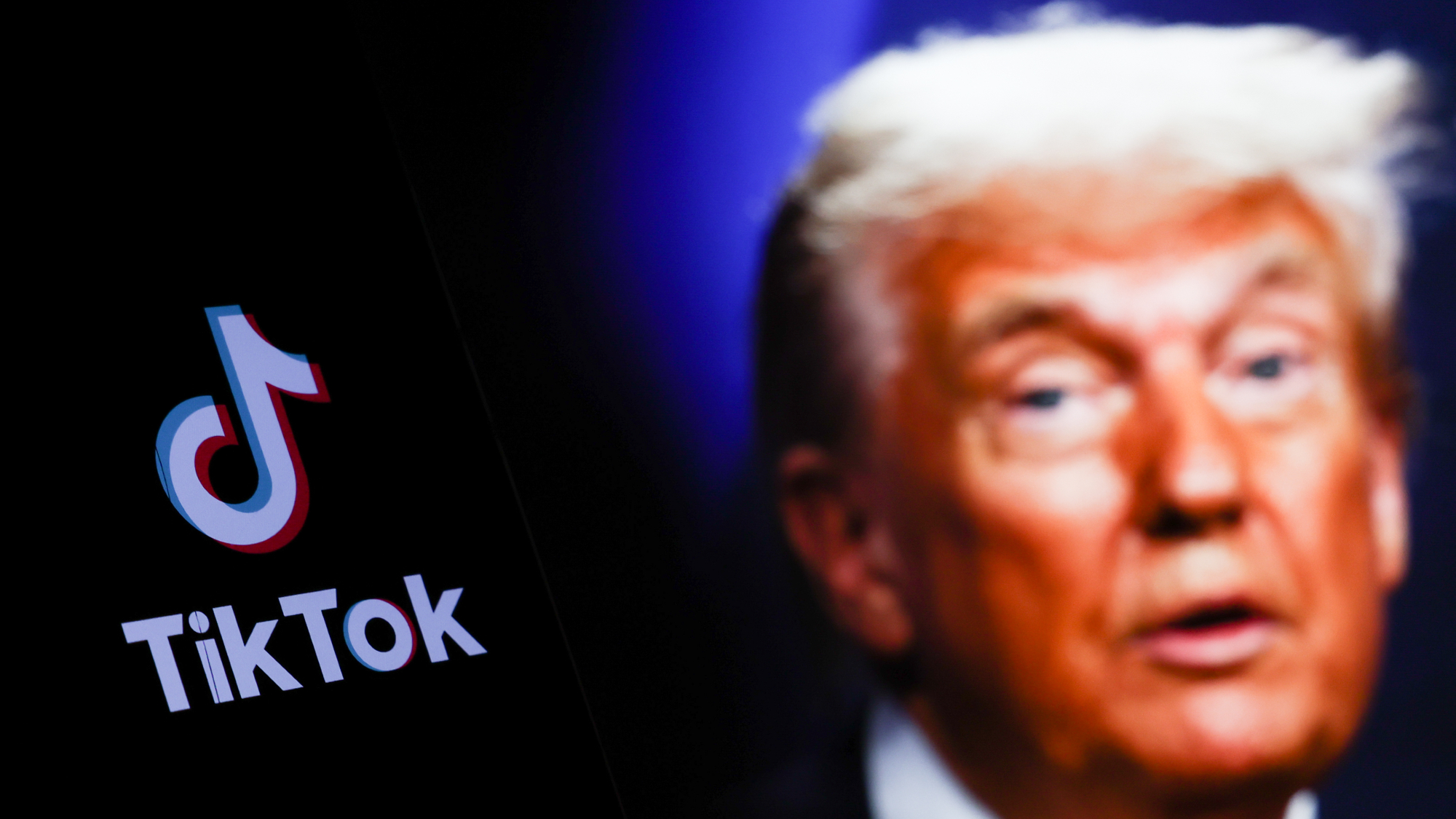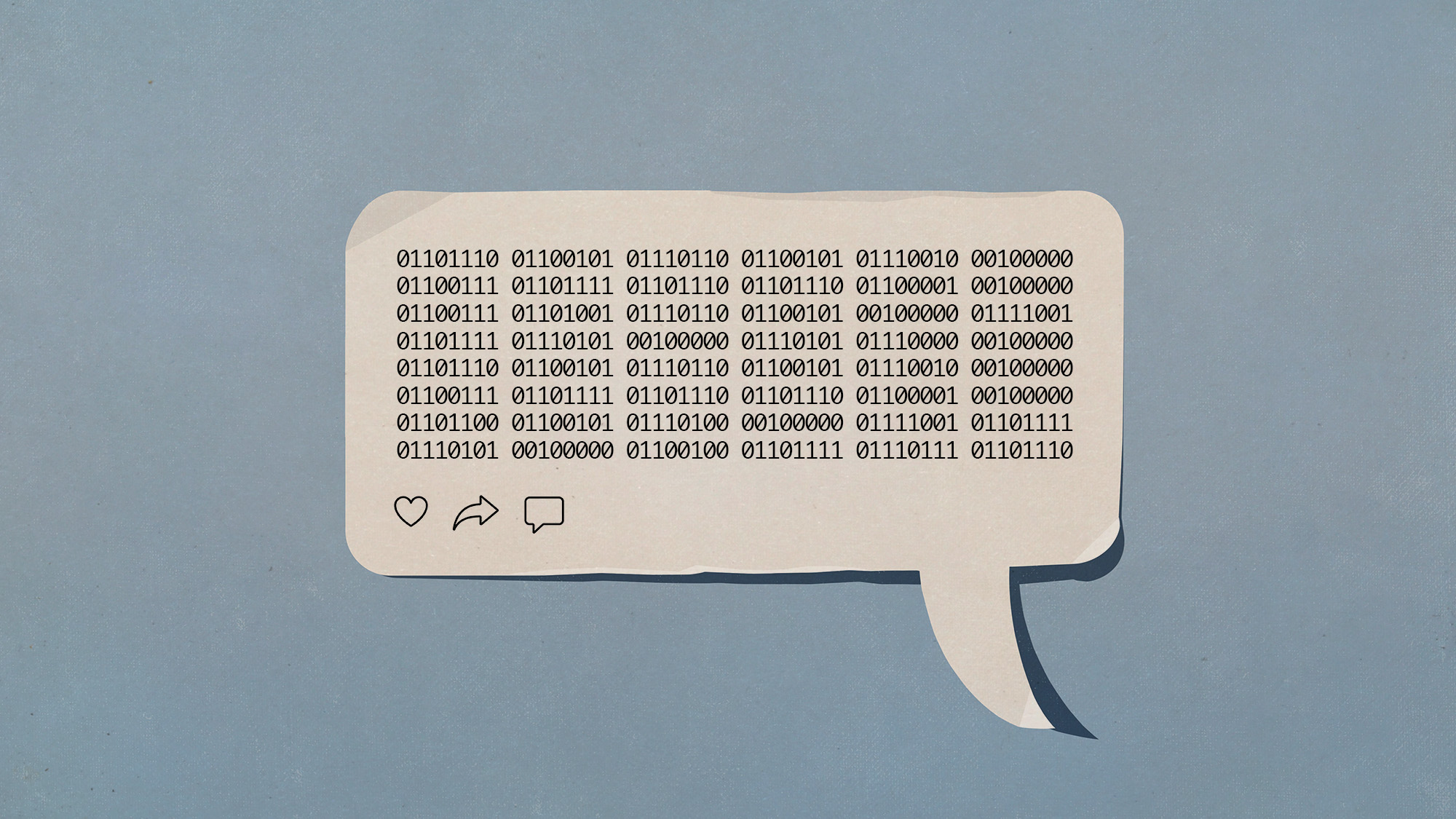How police footage will help Facebook target mass shooter live streams
Social media giant moves to curb extremist content following anger over Christchurch shootings videos

A free daily email with the biggest news stories of the day – and the best features from TheWeek.com
You are now subscribed
Your newsletter sign-up was successful
Facebook is to use footage from police body cameras to train its content moderation programmes in response to claims that it failed to prevent images of the New Zealand mosque shootings spreading across its platform earlier this year.
The social media giant will provide London’s Metropolitan Police with body cameras “for firearms training exercises”, the Financial Times reports. It also plans to supply US law enforcement agencies with wearable cameras.
Images captured by the cameras will then be used to train artificial intelligence (AI) powered content moderation systems to more quickly identify and remove first-person footage of real-life shooting incidents, the FT adds.
The Week
Escape your echo chamber. Get the facts behind the news, plus analysis from multiple perspectives.

Sign up for The Week's Free Newsletters
From our morning news briefing to a weekly Good News Newsletter, get the best of The Week delivered directly to your inbox.
From our morning news briefing to a weekly Good News Newsletter, get the best of The Week delivered directly to your inbox.
The agreement is the latest move by Facebook to limit extreme content on its platform. In May, the company employed a “one-strike policy”, where users sharing violent content - such as a statement from an extremist group “without context” - would be blocked from using Facebook Live, says Sky News.
Why Facebook was criticised for its handling of the New Zealand shootings
On 15 March, 51 people were killed when a “lone attacker opened fire during Friday prayers” at two mosques in Chirstchurch, The Sun says.
The gunman live-streamed the attack for 17 minutes through Facebook, where the footage remained for a further 12 minutes before being taken down, says Sky News. Some 200 people watched the stream live, though 1.5 million videos of the attack were uploaded and subsequently removed.
A free daily email with the biggest news stories of the day – and the best features from TheWeek.com
Facebook was criticised for failing to identify the stream and for leaving footage of the attack on its platform “weeks” after the event, according to Engadget.
How police footage could prevent future violent live-streams
In its defence, Facebook said in a statement that its moderation algorithms “did not have enough content depicting first-person footage of violent events to effectively train our machine learning technology.
“That’s why we’re working with government and law enforcement officials in the US and UK to obtain camera footage from their firearms training programs – providing a valuable source of data to train our systems.”
The Met Police’s assistant commissioner for specialist operations, Neil Basu, believes that Facebook’s cameras may also benefit police “in their response to such incidents”, The Daily Telegraph reports.
The footage recorded by the Met will also be distributed through the Home Office to other tech firms developing software aimed at identifying mass shootings broadcast on social media, the newspaper adds.
-
 The environmental cost of GLP-1s
The environmental cost of GLP-1sThe explainer Producing the drugs is a dirty process
-
 Nuuk becomes ground zero for Greenland’s diplomatic straits
Nuuk becomes ground zero for Greenland’s diplomatic straitsIN THE SPOTLIGHT A flurry of new consular activity in the remote Danish protectorate shows how important Greenland has become to Europeans’ anxiety about American imperialism
-
 ‘This is something that happens all too often’
‘This is something that happens all too often’Instant Opinion Opinion, comment and editorials of the day
-
 Are Big Tech firms the new tobacco companies?
Are Big Tech firms the new tobacco companies?Today’s Big Question Trial will determine if Meta, YouTube designed addictive products
-
 Is social media over?
Is social media over?Today’s Big Question We may look back on 2025 as the moment social media jumped the shark
-
 Facial recognition: a revolution in policing
Facial recognition: a revolution in policingTalking Point All 43 police forces in England and Wales are set to be granted access, with those against calling for increasing safeguards on the technology
-
 Australia’s teen social media ban takes effect
Australia’s teen social media ban takes effectSpeed Read Kids under age 16 are now barred from platforms including YouTube, TikTok, Instagram, Facebook, Snapchat and Reddit
-
 Trump allies reportedly poised to buy TikTok
Trump allies reportedly poised to buy TikTokSpeed Read Under the deal, U.S. companies would own about 80% of the company
-
 What an all-bot social network tells us about social media
What an all-bot social network tells us about social mediaUnder The Radar The experiment's findings 'didn't speak well of us'
-
 Broken brains: The social price of digital life
Broken brains: The social price of digital lifeFeature A new study shows that smartphones and streaming services may be fueling a sharp decline in responsibility and reliability in adults
-
 Supreme Court allows social media age check law
Supreme Court allows social media age check lawSpeed Read The court refused to intervene in a decision that affirmed a Mississippi law requiring social media users to verify their ages